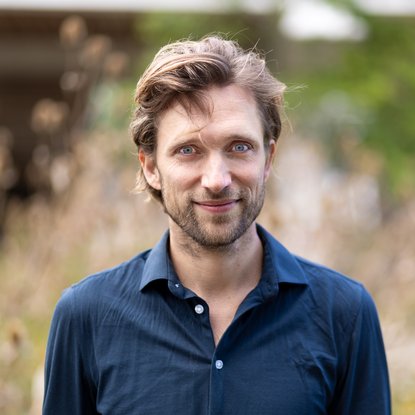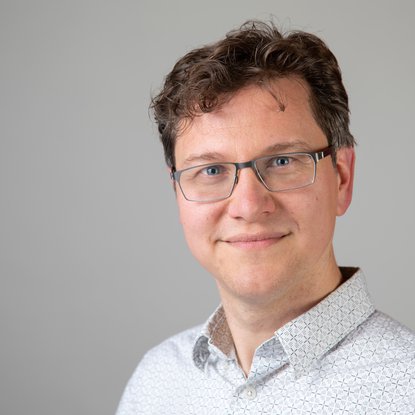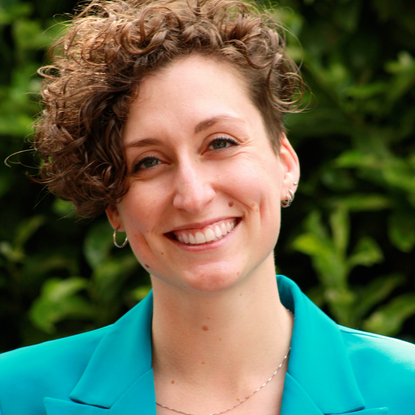AMS Institute takes on the urban challenge of transitioning from a linear model of using materials to a fully circular model. To achieve circularity in the Amsterdam Metropolitan Area (AMA), we must completely rethink and redesign the flow of resources, such as building materials, water, food and energy, that drive urban activities. The goal is to reuse resources rather than to dispose of them as we do now, making the whole economic model resilient and sustainable. To support this, we need to establish an integrated sustainable ecosystem, where the value for people, the planet and prosperity is not destructed but retained or created anew.
How we work on circular cities
Why do we focus on cities? Globally, despite taking up just 2% of the global landmass, our urban centers consume more than 75% of natural resources, are responsible for over 50% of solid waste and emit up to 60% of greenhouse gases. In a word, cities are bulk consumers of energy, water and materials. This makes them major contributors to problems such as resource depletion, pollution and climate change. But cities are also the centers of our economy, concentrating capital, data and talent. This makes urban areas ideal spaces to develop and demonstrate innovative circular solutions – and create impact that matters.
Amsterdam recognizes this and has set clear policy goals. The city of Amsterdam committed to reducing material consumption by 50% in 2030 and becoming fully circular by 2050. The city has positioned itself as a front-runner in circular innovation. AMS Institute actively contributes to this by focusing on material infrastructures, biobased construction and data & governance.
Material infrastructures in urban areas are the physical structures that are needed to deliver services and facilitate urban life. Within this topic, we develop circular solutions for digital infrastructure, energy infrastructure, roads & waterways in public space and related logistics. Together with infrastructure, construction is responsible for the bulk of material and waste flows through the city. This is why we support knowledge development to achieve 20% biobased construction of all new residential buildings in the Amsterdam Metropolitan Area. Our expertise includes the development of biobased building materials, life cycle analysis and policy-building perspectives. Data & governance pertain to the identification, collection and creation of relevant data and monitoring systems to keep track of the circular economy transition in the city, assess impacts, support decisions and direct investments to where they accelerate the transition
The transition to a circular city requires a systems overhaul. This is why we continuously strive to develop integrated solutions in our research and innovation projects - especially when two transitions may be at odds with one another. Examples of integrated solutions are that we work on are: circular solar panels, biological soil improvement and circular logistics.
Urban Plastic Soup
Urban plastic waste is a major source of plastic pollution in rivers and oceans. This project aims to tackle its economic, socioeconomic, and environmental impact.
CircularIT
Circular Resource Planning for IT
Circular Solar Panels Zuidoost
In this project we are extending the lifetime of solar panels by giving discarded panels a second life in Amsterdam Southeast.
Replex testing in Canals (COMPRO)
At the Bajeskwartier in Amsterdam, BAM Advies & Engineering, NPSP and AMS Institute recently installed a test rig to evaluate the use of Re-plex as a building material.
REPAiR
Building a geo-design spatial mapping tool that connects waste streams to circular business opportunities.
Principal Investigators
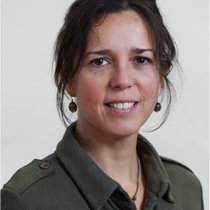
Ellen van Bueren
TU Delft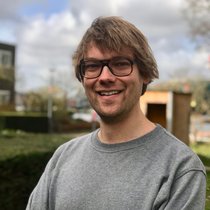
Peter Mooij
TU Delft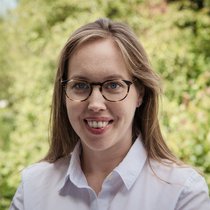
Josephine van Zeben
Wageningen University & Research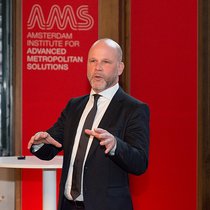
Arjen van Nieuwenhuijzen
Witteveen+Bos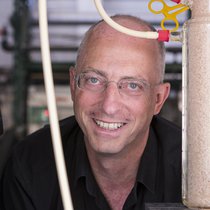
Mark van Loosdrecht
TU Delft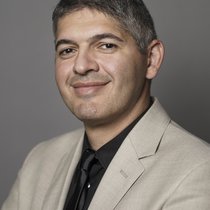
Alessandro Bozzon
TU Delft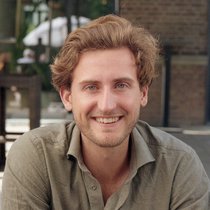
Sietse de Vilder
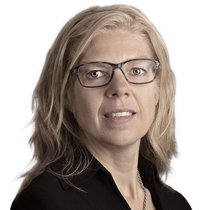
Jantien Stoter
TU Delft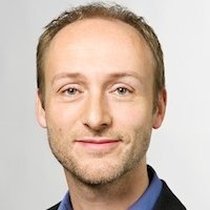
Renzo Akkerman
Wageningen University & Research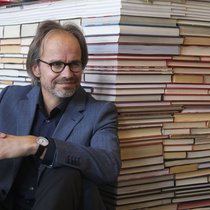
Arjan van Timmeren
TU Delft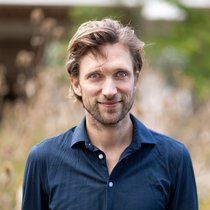
Joppe van Driel
AMS Institute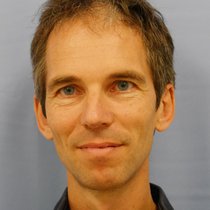
Bas van Vliet
Wageningen University & Research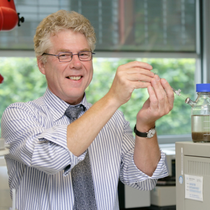
Huub Rijnaarts
Wageningen University & ResearchProject members
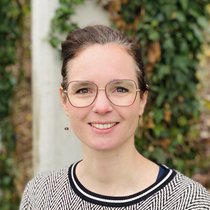
Marina
Bos-de Vos
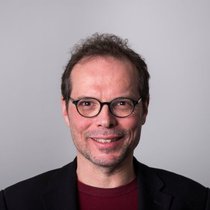
Jaco Quist
TU Delft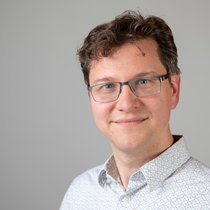
Menno van Dijk
AMS Institute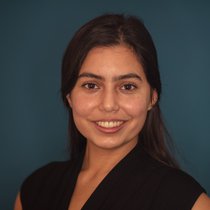
Chelsea Kaandorp
TU Delft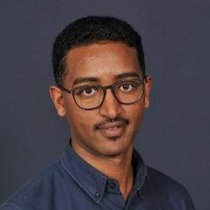
Edo Abraham
TU Delft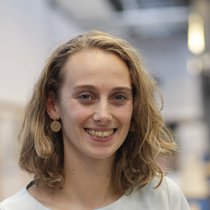
Mariet Sauerwein
AMS Institute, TU Delft
Ioannis Ioannidis
AMS Institute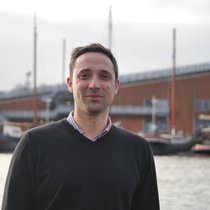
Petar Koljensic
TU Delft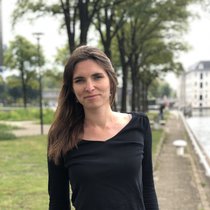
Rusne Sileryte
TU Delft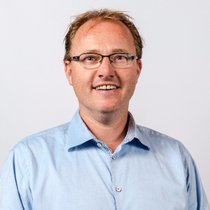
Joop Suurmeijer
Orgaworld
Bas van Vliet
Wageningen University & Research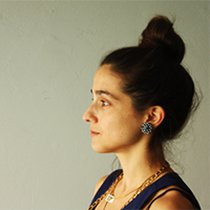
Foteini Setaki
TU Delft & The New Raw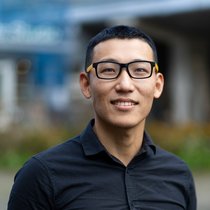
Zhikai Peng
TU Delft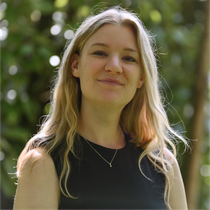
Isabelle Snaauw
AMS Institute
Renzo Akkerman
Wageningen University & Research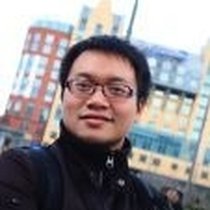
Wei-Shan Chen
Waginingen University & Research
Jantien Stoter
TU Delft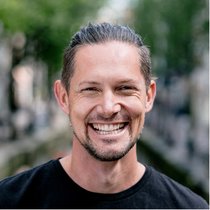
Guy Vincent
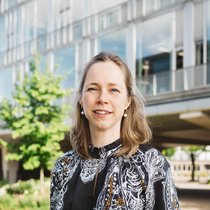
Eveline van Leeuwen
AMS Institute & Wageningen University & Research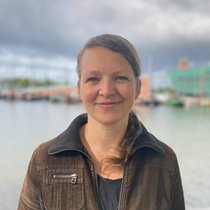
Lieke Dreijerink
AMS Institute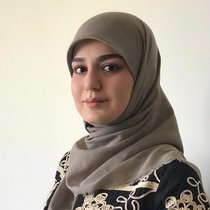
Nadia Pourmohammadzia
TU Delft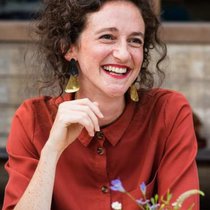
Joke Dufourmont
AMS Institute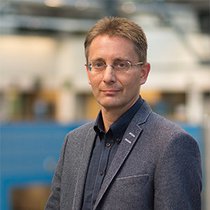
Ruud Balkenende
TU Delft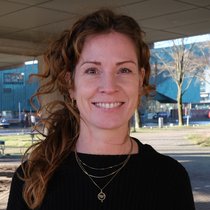
Michelle Molema
AMS Institute
Peter Mooij
TU Delft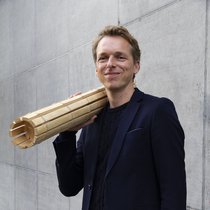
Pablo van der Lugt
AMS Institute, TU Delft
Josephine van Zeben
Wageningen University & Research
Arjen van Nieuwenhuijzen
Witteveen+Bos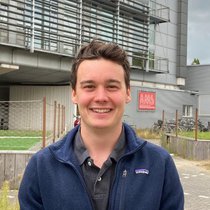
Titus Venverloo
AMS Institute, TU Delft, Massachusetts Institute of Technology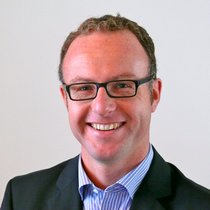
Ruben Vrijhoef
TU Delft, Hogeschool Utrecht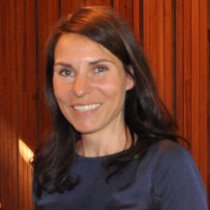
Els Leclercq
TU Delft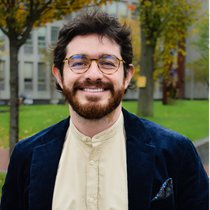
Fabio Tejedor
Wageningen University and Research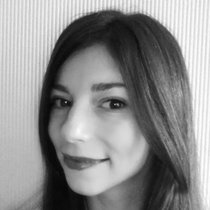
Ljiljana Zlatanovic
TU Delft
Joppe van Driel
AMS Institute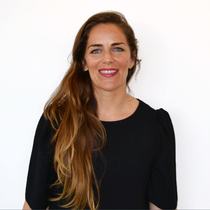
Monica Conthe Calvo
TU Delft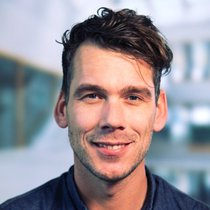
Arjan Hassing
Gemeente Amsterdam
Huub Rijnaarts
Wageningen University & Research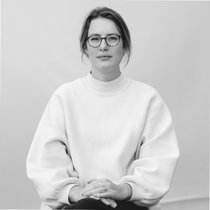
Romy Snijders
Dark Matter Labs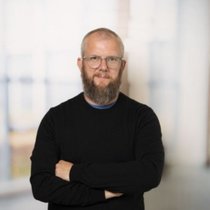
Marc Boonstra
Delft University of Technology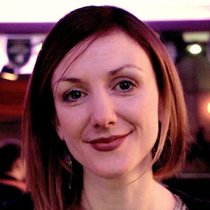
Mary Greene
Wageningen University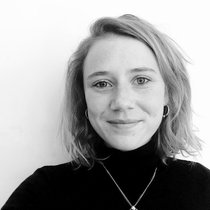
Tamara Streefland
Metabolic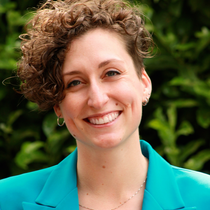
Francesca Alberti
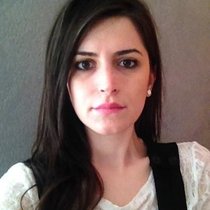
Esma Selen Aksoy
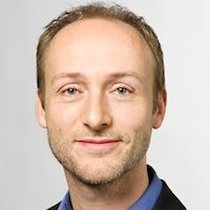
Renzo Akkerman
Wageningen University and Research
Arjan van Timmeren
TU Delft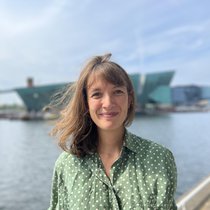
Maéva Dang
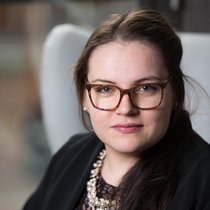
Anne van Stijn
TU Delft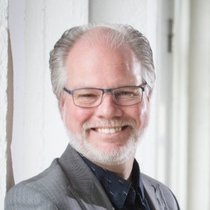
Gerard van Bortel
TU DelftView
everything
projects
news
events
everything
on this theme
projects
news
events
everything
